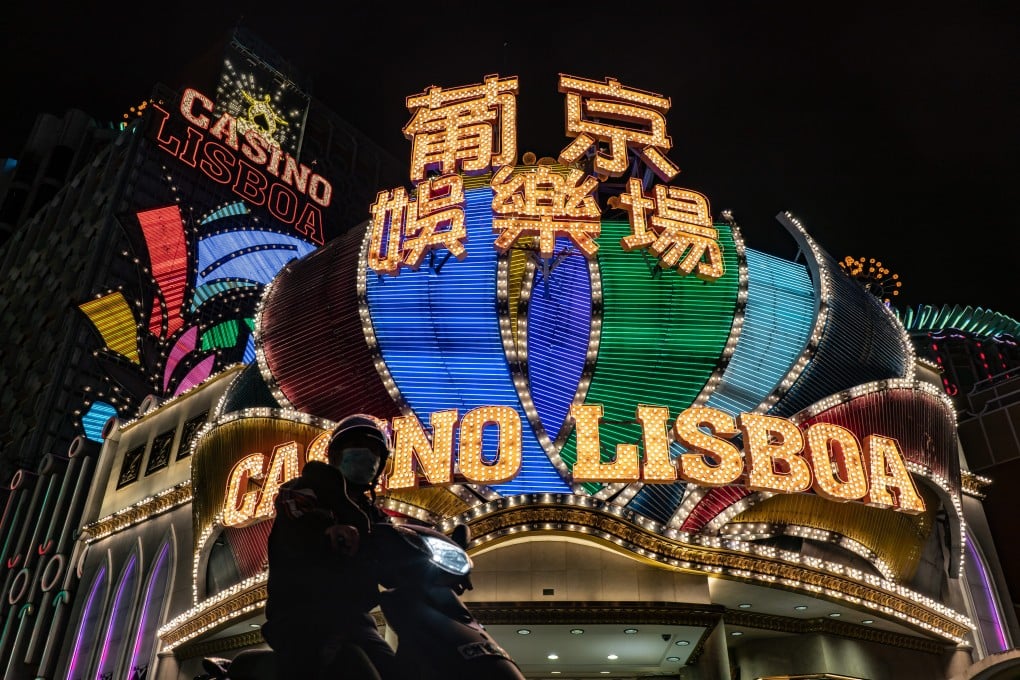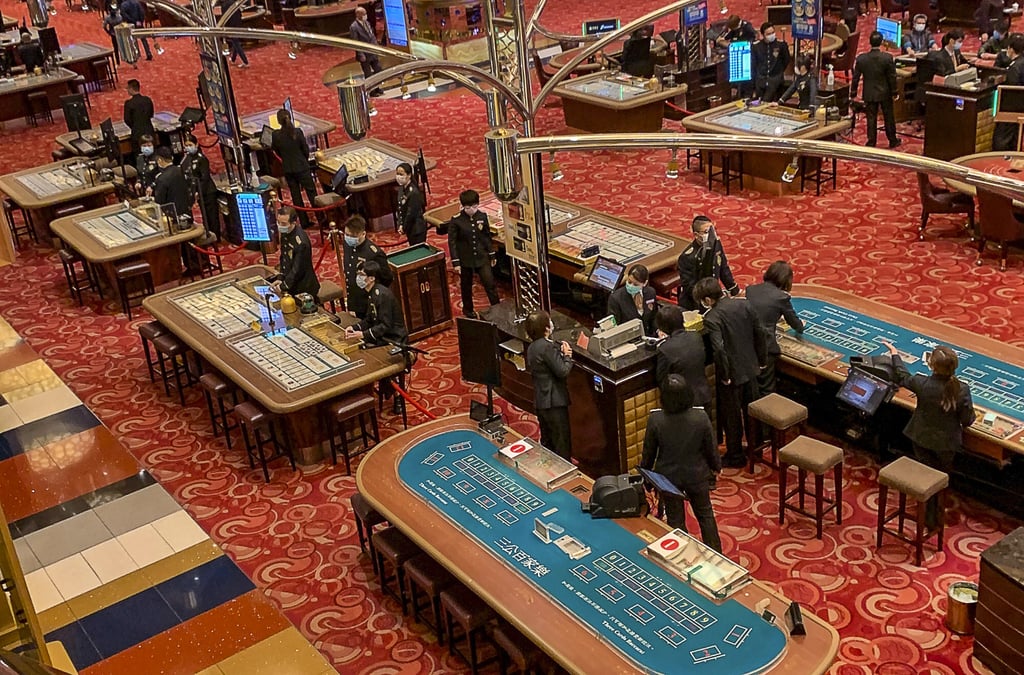Macau tightens casino licences in the biggest reform of betting laws in the world’s biggest gambling hub
- Six casino licences will be kept, but their duration will be halved to 10 years with up to three years of extension, from 20 years with five-year extensions
- The plan, the culmination of a 45-day public consultation period that ended on October 29 last year, will next go to the legislature for approval before it is gazetted as law

Macau’s government will halve the duration of casino licences and slash their extension periods in the biggest reform of betting laws in 20 years, as it steers the only city that allows legalised gambling on Chinese soil to diversify.
Six casino licences will be kept, but their duration will be slashed to 10 years with up to three years of maximum extension at the government’s discretion, from 20 years with five-year extensions, according to a plan announced on Friday by the city’s government.
The changes were made “to promote the healthy development of Macau’s gaming industry, improve the regulation of the industry and to prevent the possible negative effects of gambling”, said Macau’s Secretary for Administration and Justice Cheong Weng-chon during a media briefing.

The gambling laws of the world’s largest casino hub were liberalised in 2002, opening the lucrative industry to six concessionaires, namely Sands China, Wynn Macau, Galaxy Entertainment, SJM Holdings, Melco Entertainment and MGM China.